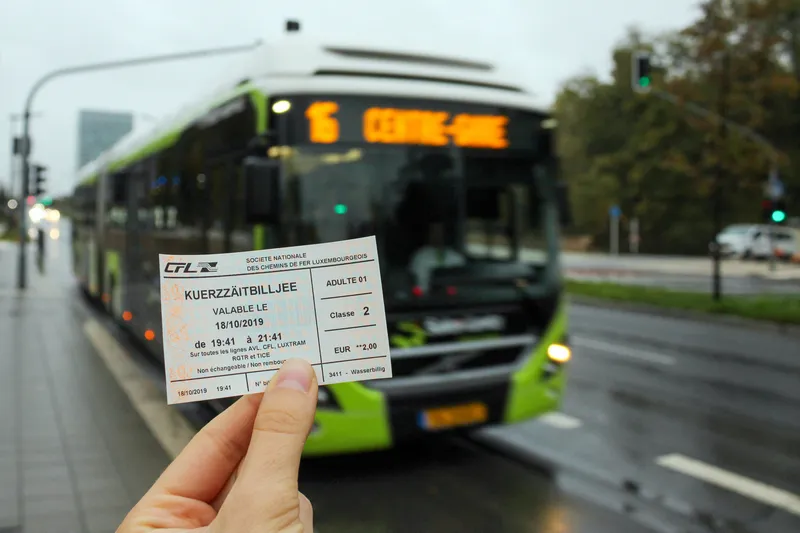
The government is allowing people to use trains, trams and buses without paying in a bid to reduce traffic jams – and says this will also help people in low-paid jobs.
Transport minister Francois Bausch told Reuters: “For people with low incomes or the minimum wage, for them it’s really substantial. The main reason is to have a better quality of mobility, and then the side reason is clearly also environmental issues.”
Making travel free means commuters save €440 a month on an annual pass on all standard-class journeys on public transport. They can can still purchase a first-class pass at €660 a year.
Congestion in Luxembourg is increased each day by 214,000 drivers travelling into the area from neighbouring Germany, Belgium and France for work. More than half of Luxembourg's greenhouse gas emissions come from transport.
Measures are already being taken to reduce traffic jams. Last September, software company HaCon started working with the Luxembourg Transport Community to introduce a Mobility as a Service app.
In May 2018, Estonia also announced plans to make public transport free for the whole country five years on from a successful implementation in the capital city Tallinn.










